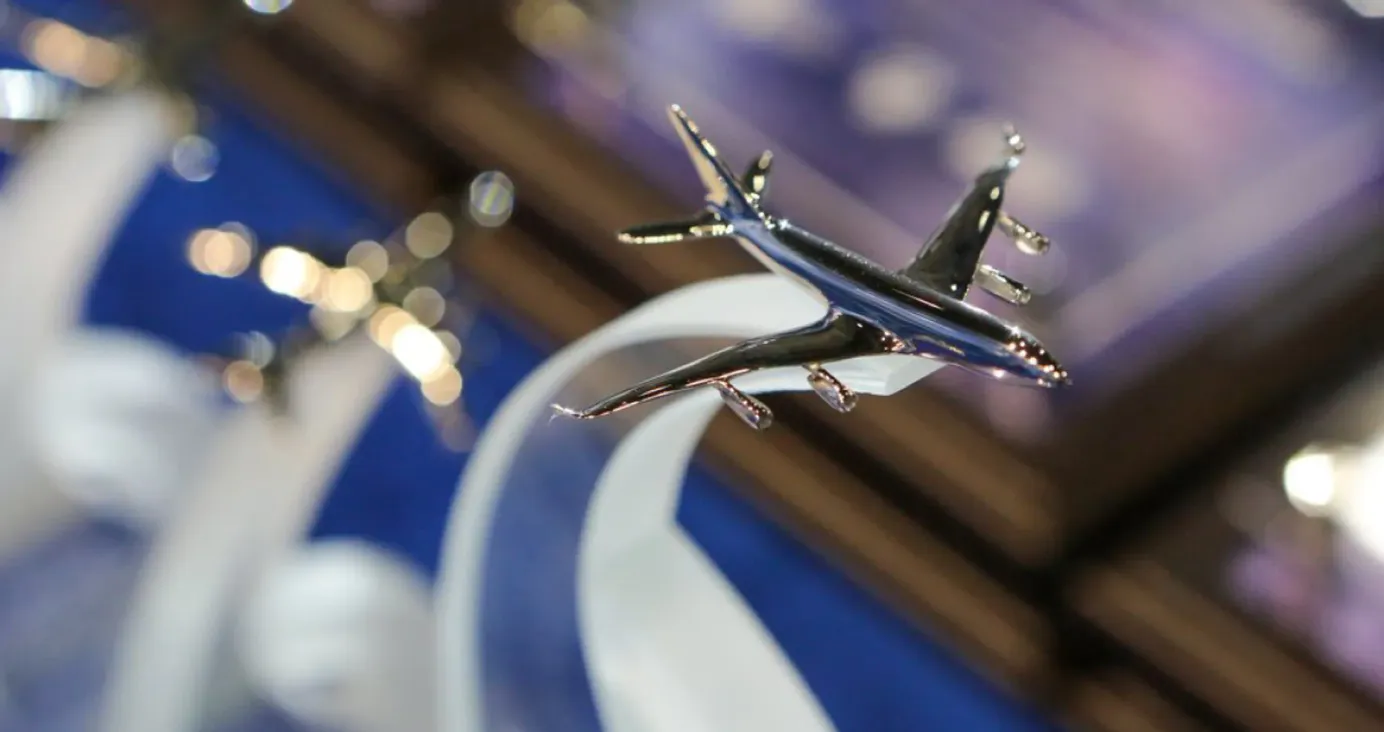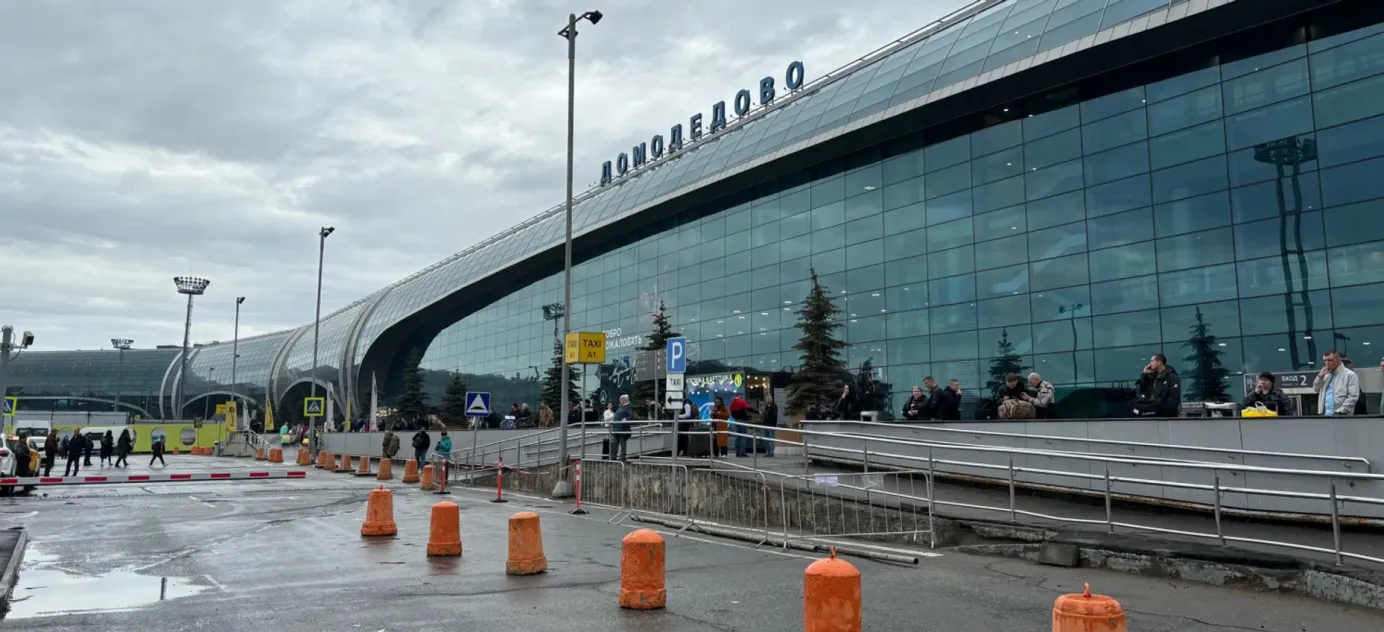
Retards d'avions
- L'industrie aéronautique russe est l'une des plus durement touchées par les sanctions occidentales imposées à la suite de l'invasion de l'Ukraine par Moscou. Les compagnies aériennes ont perdu l'accès aux avions Airbus et Boeing qu'elles louaient et ne peuvent plus acheter facilement les pièces nécessaires à l'entretien de leur flotte. Un programme public de plusieurs milliards de dollars visant à produire des avions de fabrication locale était censé résoudre le problème, les premiers devant être livrés dans le courant de l'année. Au lieu de cela, la mobilisation de l'économie pour soutenir la guerre a absorbé la capacité de production et la Russie n'a pas été en mesure de s'approvisionner en pièces essentielles, ce qui signifie que les dates de livraison ont déjà été repoussées de plusieurs années. Il est loin d'être certain que les avions civils de fabrication russe promis seront mis en vol, même dans le nouveau délai.
- La flotte russe de jets occidentaux devait être remplacée par quatre appareils actuellement en cours de développement : le Sukhoi Superjet 100 (SJ-100), l'Irkut MC-21, le Tupolev Tu-214 et l'Ilyushin Il-114. Ils devaient entrer en service en 2024, mais les dates de lancement prévues ont été repoussées à 2025-2026. L'industrie prévoit actuellement de livrer près de 600 avions d'ici la fin de la décennie (142 SJ-100, 270 МС-21, 70 Il-114 et 115 Тu-214).
- L'avion phare de ce projet de substitution massive des importations est le MC-21, un appareil de milieu de gamme dont la production de masse devait commencer en 2017 (la date a été repoussée à plusieurs reprises, avant même que la Russie n'envahisse l'Ukraine et ne soit frappée par un barrage de sanctions). Le développement est tellement en retard que Rostec, la société d'État responsable de la fabrication de haute technologie, a admis qu'elle ne savait même pas à quoi ressemblerait la nouvelle version de l'avion. "L'apparence finale de cet avion, qui a été entièrement remplacé par des produits importés, sera définie au cours du second semestre de cette année", a déclaré l'entreprise.
- Ce n'est pas le seul problème du МС-21. Selon des sources citées par plusieurs médias russes(1, 2), les spécifications de l'avion ne correspondent pas non plus au plan initial. Son rayon d'action a été réduit de 5 000 km à 3 500 km, et la capacité en passagers sera presque divisée par deux - 115 au lieu de 211. L'altitude maximale de l'actuel МС-21 n'est que de 7 000 mètres, alors que les avions occidentaux comparables (tels que l'Airbus A320 et le Boeing-737) peuvent atteindre 12 000 mètres.
- Les experts ne pensent pas que les compagnies aériennes russes souffriront beaucoup de ces retards. Depuis 2022, la taille de la flotte russe a diminué de 10 %, mais le trafic de passagers a chuté de 18 %. Dans le même temps, les sanctions signifient que les compagnies aériennes russes ont perdu un grand nombre de leurs liaisons internationales, et le trafic intérieur de passagers est proche de sa limite.
Pourquoi le monde doit-il s'en préoccuper ?
Bien que les autorités russes aiment à se féliciter du succès de leurs programmes de substitution des importations, ils sont loin de remplacer tout ce qui a été perdu à cause des sanctions. La dernière série de retards dans les plans de remplacement de la compagnie aérienne phare du pays montre à quel point il est difficile pour l'industrie russe de s'adapter aux sanctions et d'augmenter la production à un moment où les installations de production sont fermement orientées vers le service de l'armée.










